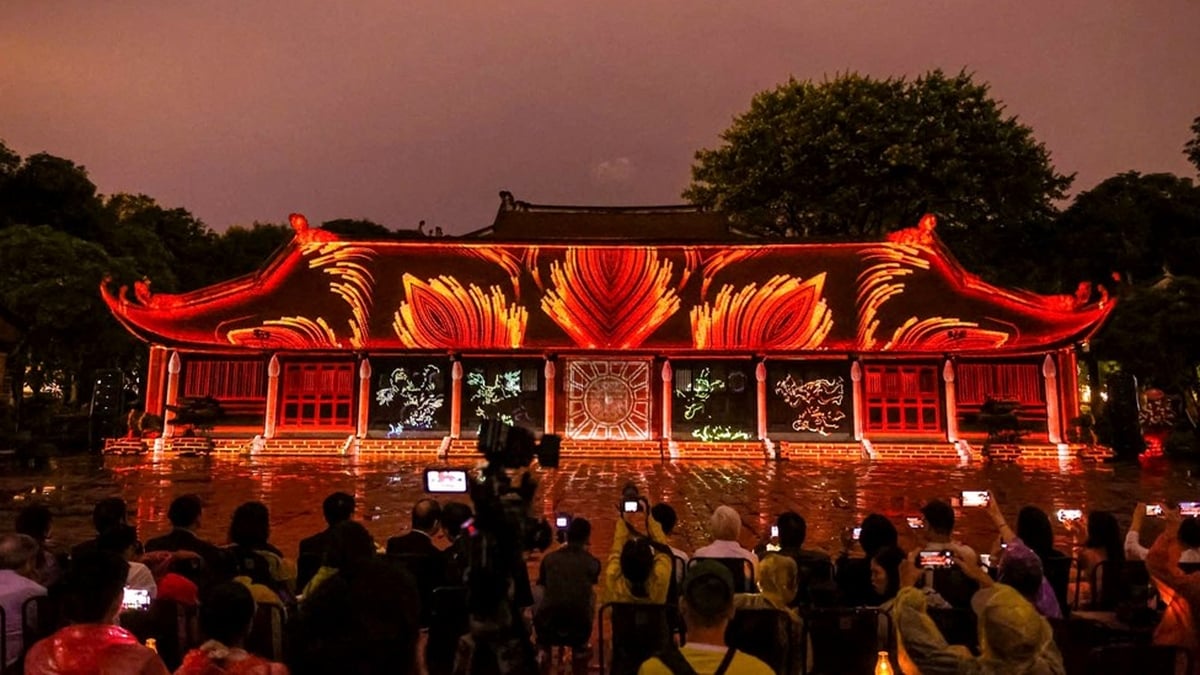GĐXH - After 24 hours in a coma, finally, the doctors' intensive treatment efforts and the relatives' expectations were rewarded.
After waking up from a critical asthma attack, patient B, 69 years old, shared: "After using the inhaler, she still had difficulty breathing. Then she passed out and didn't know anything. When she woke up, she saw machines all around her. Only then did she realize she was in the hospital. Her children thought she had suddenly left without giving them any instructions."

The patient was officially extubated after 24 hours of hospitalization. Photo: BVCC
According to information from Cam Khe District Medical Center, Phu Tho , the patient had a history of bronchial asthma for many years. On the evening of March 15, the patient had difficulty breathing, the difficulty increased, and did not respond to asthma inhalers. He then fainted and lost consciousness. His family discovered him and quickly took him to the emergency room.
The patient was admitted to the hospital in a coma, cyanosis, sweating, slow breathing, very poor lung ventilation, wheezing and rales in both lungs. The emergency team quickly placed an endotracheal tube, set up a ventilator and used intensive treatment drugs.
24 hours in a coma was also the slowest time for patient B's relatives. Finally, the doctors' active treatment efforts and the relatives' expectations were rewarded, the patient's consciousness gradually recovered, he could breathe on his own through an endotracheal tube and was officially removed from the endotracheal tube after 24 hours of hospitalization.
Dr. Nguyen Duy Long - Emergency Department, HSTC, TNT said: This is a very lucky case because relatives discovered it early and took the patient to the hospital in time, when the brain had not been affected by the lack of oxygen.
The doctor added that bronchial asthma is a chronic disease that is managed in the community, however, during treatment at home, there may be an asthma attack that is dangerous to the patient's health and life. Therefore, people with bronchial asthma need to carry an asthma inhaler with them to prevent sudden asthma attacks.
At the same time, patients need to recognize danger signs that require emergency hospitalization such as: rapid breathing; pale or blue face, lips or fingernails; skin around the ribs pulling in when inhaling; difficulty breathing when walking or talking or symptoms that do not improve after taking asthma medication.
Source: https://giadinh.suckhoedoisong.vn/nguoi-phu-nu-69-tuoi-thoat-nguy-kich-sau-24-gio-hon-me-172250321095526261.htm



























![[Photo] National Assembly Chairman Tran Thanh Man visits Vietnamese Heroic Mother Ta Thi Tran](https://vphoto.vietnam.vn/thumb/1200x675/vietnam/resource/IMAGE/2025/7/20/765c0bd057dd44ad83ab89fe0255b783)











































































Comment (0)